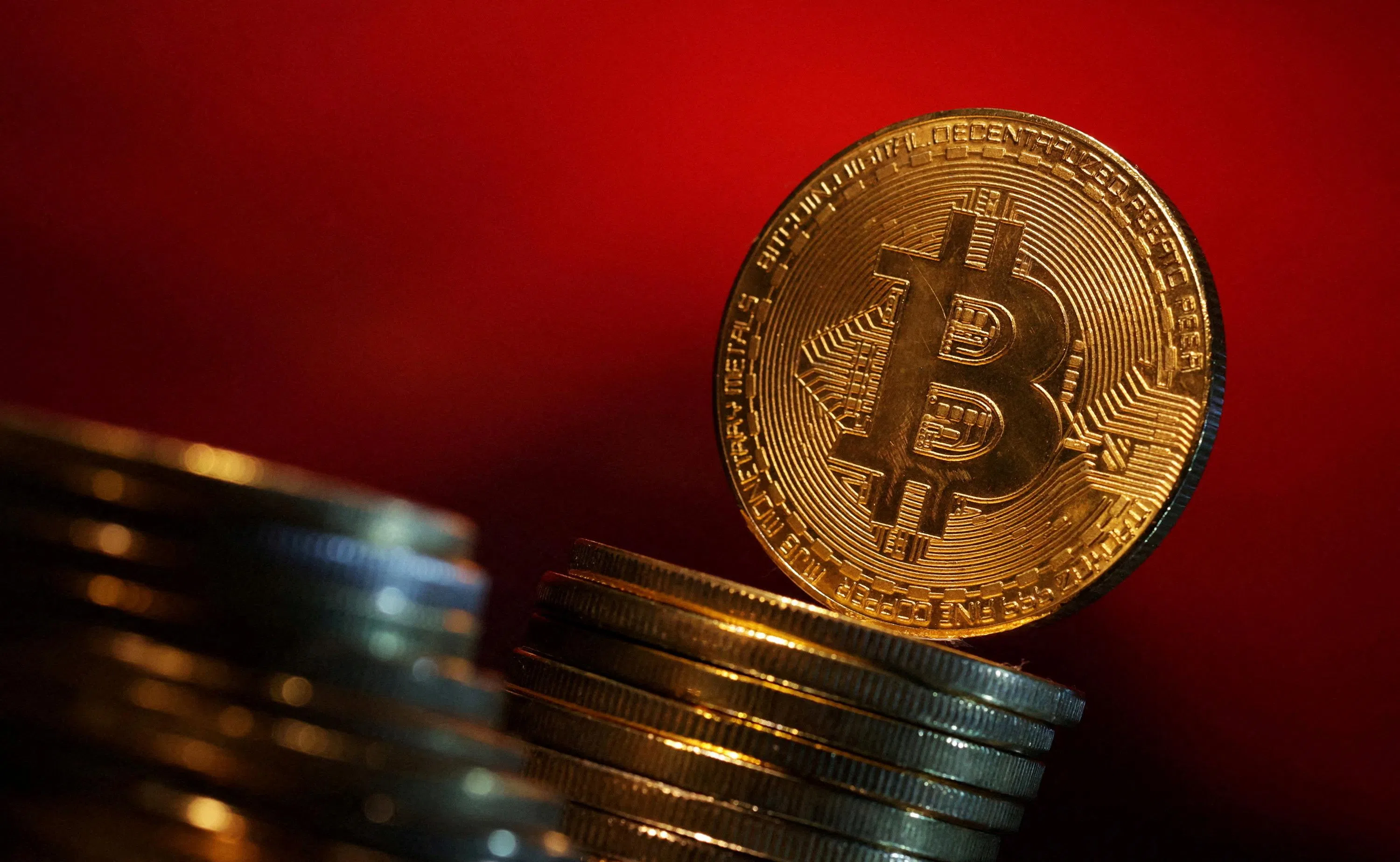THE risk of digital payment token (DPT) service providers facilitating terrorism financing was raised from “medium-low” to “medium-high” as part of the latest refresh of Singapore’s terrorism financing national risk assessment.
The risk assessment, which was last conducted in 2020, highlighted similar terrorism financing risk areas, the Ministry of Home Affairs, Ministry of Finance and Monetary Authority of Singapore said on Monday (Jul 1).
While DPT service providers were identified to be at a higher risk of facilitating terrorism financing, the risk assessment noted that there is no strong evidence suggesting that DPTs are widely used in South-east Asia. DPTs would include the likes of companies that provide crypto services.
“The higher terrorism financing risks are driven by the anonymity, speed, and cross-border nature of transactions facilitated by DPT service providers.
“Furthermore, there is a risk of licensed DPT service providers engaging with unregulated or inadequately regulated DPT service providers beyond Singapore’s jurisdiction,” the report said.
DPT service providers in other jurisdictions were found to have run afoul of the law in recent months.
BT in your inbox
Start and end each day with the latest news stories and analyses delivered straight to your inbox.
In April this year, cryptocurrency exchange Binance’s former chief executive Zhao Changpeng was sentenced to four months in prison after he pled guilty to violating US money laundering laws.
The company was found to have turned a blind eye to transactions that supported different crimes, including terrorism, illegal drug trade and child sex abuse.
The agencies also highlighted risks from foreign online crowdfunding, flagging that foreign online crowdfunding could be an emerging way in which terrorists could raise funds.
The agencies further noted that key terrorism financing threats could arise from terrorist groups, as well as self-radicalised individuals sympathetic to their cause.
“Far-right extremism is also a growing security concern in many countries. While it has not gained significant traction in Southeast Asia, we cannot rule out that its anti-Islam and anti-immigration rhetoric may resonate with some individuals,” the agencies said.
In this latest report, money remittances remained at “high-risk”, while cross-border online payments were flagged as a potential new channel for terrorism financing activities.
Meanwhile, banks remained at “medium-high risk”, with new cross-border fast payment systems potentially serving as new channels for terrorism financing activities.
Meanwhile, non-profit organisations, cross-border cash movements and precious stones, metals and products remain at “medium-low” risk.



